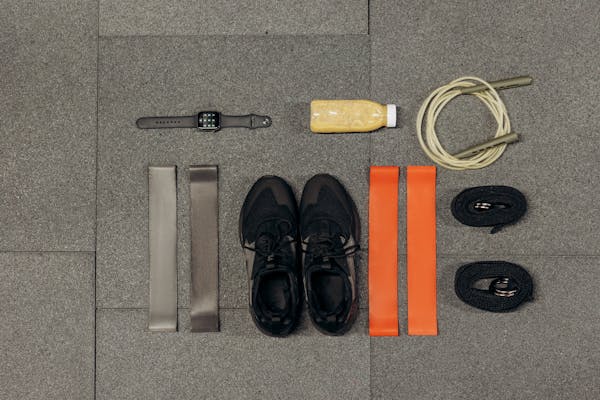Better Health Is Just a Few Steps Away
The one form of exercise that our bodies are designed for also produces a wide array of physical and mental health benefits. Imagine that: we are designed to do something that actually benefits us! Think about it, everywhere you go, you must take at least a few steps to get there, even if it means going from the sofa to the kitchen to get another beer from the fridge. Making a habit of talking a few more steps every day can optimize your body to keep going a lot longer and in much better shape.
Walking as an exercise helps to lower blood pressure and cholesterol, which lowers your risk of heart disease and stroke. The benefits of walking are just as powerful in protecting the body against heart attacks as other more strenuous forms of exercise. This protection extends to boosting your immune system, which helps to protect your body from attack by a variety of diseases and inflammation, including arthritis. This boost to your immune system can also make you look and feel younger, in just a few weeks.
Walking also burns calories, making it an excellent method to shed unwanted pounds. This helps you fit into your old clothes, feel better and reduce the risk of type 2 diabetes. Walking boosts your energy levels all day long so you can get things done without thinking you need that afternoon snack. Walking cuts down on cravings, which helps to resist snacking and it can help you to avoid other bad habits, like smoking.
In addition to all of the physical health benefits, walking is good for your brain and your mental health as well. Walking stimulates the growth of neurons and synaptic activity in the frontal lobes of the brain. Yes, your brain actually grows while walking. This will improve your cognitive performance and may help to reduce impairment for aging people.
Walking relieves stress by balancing your hormones and lowering the levels of cortisol created in reaction to the stresses of the day, physical and emotional stresses. This has an immediate benefit on improving your mood, reducing anxiety and may be a powerful tool in fighting depression. This mood-enhancing ability of walking is further enhanced if you are able to walk through a park, or alongside trees and grass. Engaging your brain in nature stimulates more stress-relieving processes and you will feel relaxed instantly.
If you’re not used to walking regularly, start by talking frequent short walks. Fit these into your routine, where you can take ten or fifteen minutes to think something through or reflect on the day while moving. Slowly increase your speed and distance as you feel comfortable and make walking a regular activity of each day. In fact, try to think of walking as your ‘go to’ practice every time you face a particularly stressful moment, or if you need to muddle through a problem.
If someone wants to discuss something with you for fifteen or twenty minutes, suggest having him or her join you on a walk. You will both benefit from the exercise and you may even produce better solutions in your more relaxed state with neurons firing positively. Having a regular walking buddy also helps to keep you accountable and committed to your walking routine. Aside from comfortable walking shoes and weather-appropriate clothing, walking requires no special programs, gym memberships or specially acquired skills. Walking is the natural way to improve your life. After all, you were designed for it.






